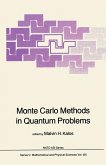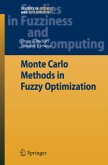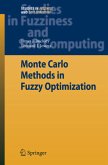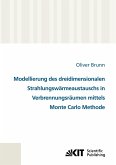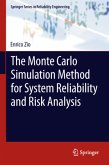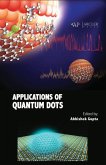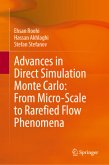Quantum Monte-Carlo methods represent a systematic alternative to the diagonalization of the Hamiltonian. They are generalizations of the classical Monte Carlo methods to quantum statistical physics and are based on path integral formulation of quantum mechanics. In such way, the many-body problem is reduced to a set of many one-body problems describing independent particles that casually walk in fluctuating external fields. In this way, exact wave functions are restored by statistically averaging independent-particle states.The book begins with the Section 1 providing a brief introduction to the Monte Carlo method and its historical origin, the basilar statistical concepts. Moreover, some of the future impacts of Quantum Monte Carlo techniques in the field of ab initio methods is explored. Section 2 discusses a new application of variational Monte Carlo method that can describe the compression effect for the helium atom, a new variational Monte Carlo approach based on the Krylov subspace for large-scale shell-model calculations, and a comparison between the variational Monte Carlo and the diffusion Monte Carlo in a study of the Lanthanum atom. Section 3 present recent works about the auxiliary-field quantum Monte Carlo method, also known in nuclear physics as the shell model Monte Carlo method. In particular, applications of the method in heavy nuclei and honeycomb lattice are discussed. Finally, the last Section 4 focuses on path integral representation of Wigner functions, on constrained path quantum Monte Carlo methods and on a new quantum Monte Carlo scheme able to directly sample the full density matrix of a many-body system.
Bitte wählen Sie Ihr Anliegen aus.
Rechnungen
Retourenschein anfordern
Bestellstatus
Storno


